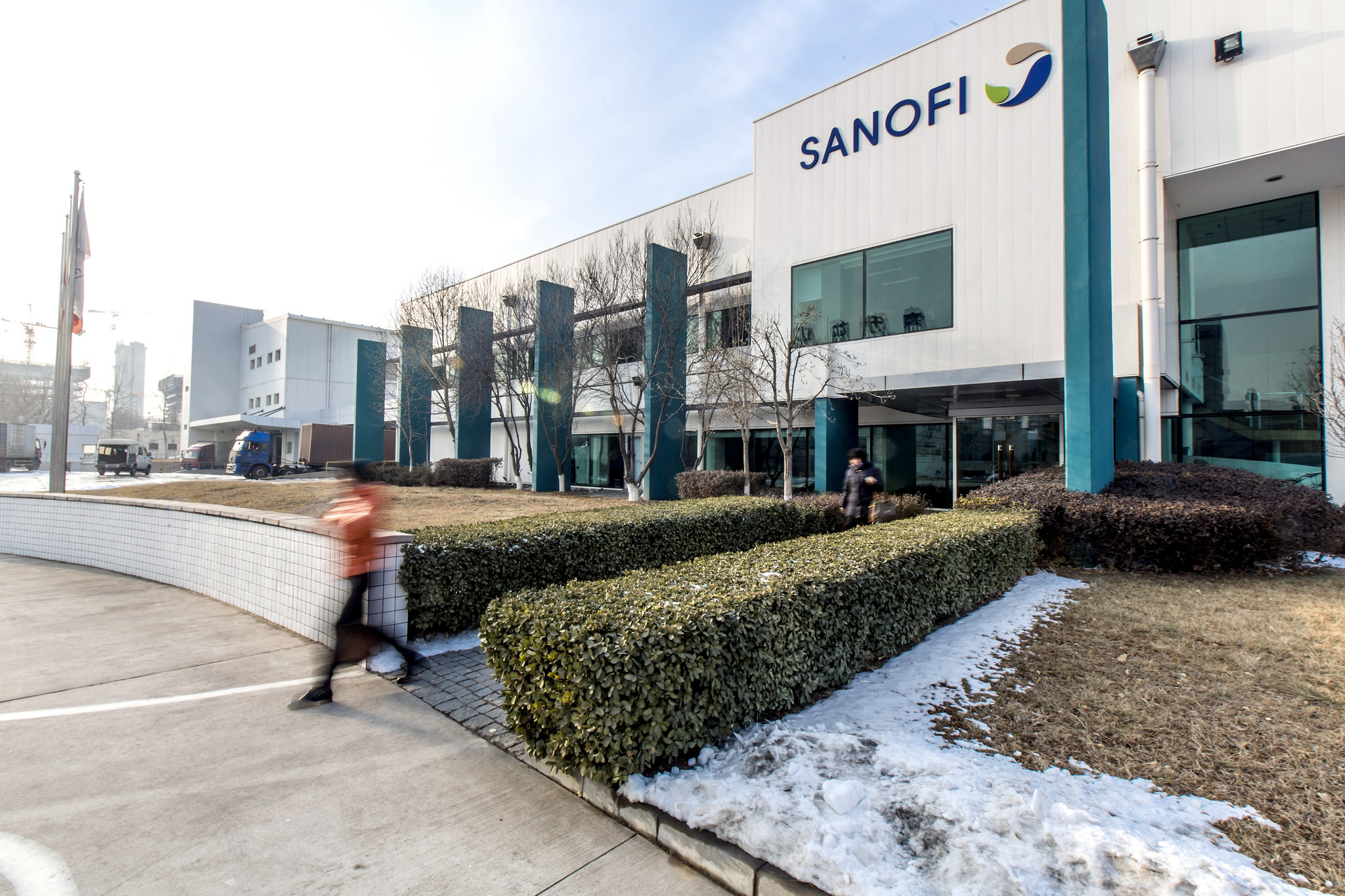Sanofi backs out of $500m cancer alliance with Revolution

Sanofi has walked away from a four-year-old partnership with Revolution Medicines focused on an SHP2 inhibitor, intended as a combination with KRAS inhibitors, including Sanofi’s Mirati-partnered adagrasib.
The deal – which included a $50 million upfront payment and up to $450 million in follow-up payments – had advanced the RMC-4630 drug candidate from preclinical testing to a phase 2 trial in combination with Amgen’s first-to-market KRAS inhibitor Lumakras (sotorasib) as a treatment for KRASG12C mutated non-small cell lung cancer (NSCLC).
Revolution said in a statement that it would transition all Sanofi’s “rights and obligations” related to RMC-4630 (also known as SAR442720) back in-house during the first half of 2023. Sanofi did not give much away about the reasons for its decision, other than to point to shifting priorities in its R&D portfolio.
SHP2 has become a popular target among cancer drug developers, as it lies upstream of other molecular pinch points, like RAS/ERK MAPK which drive cellular proliferation and survival. The phosphatase enzyme – once deemed “undruggable” – is over-expressed in a number of different solid tumour types.
Novartis seems to be leading the pack with TNO155, which has advanced to phase 2 testing as a monotherapy and is also in combination studies with adagrasib.
The potential of the class has led to a string of licensing deals between big pharma companies and biotechs, including Bristol-Myers Squibb and BridgeBio, Merck & Co and Taiho/Astex, Roche’s Genentech unit and Relay Therapeutics, and AbbVie and Jacobio.
The initial data from the Lumakras combination study was reported earlier this year and demonstrated the safety of the duo, but did not show convincing evidence of efficacy.
Despite the cut-off in Sanofi funding, Revolution reckons it will still be able to fund its operation with current cash – strengthened by a $265 million financing in July that took its end-September reserves to $655 million – though to the end of 2024. It is expecting to post an operating loss of $245 to $265 million this year.
That timeline will give to time to complete its ongoing phase 2 trial of RMC-4630 with Lumakras, which is due to read out in the second half of next year.
“Going forward, our strategy for developing RMC-4630 is unaffected by [Sanofi’s] decision,” said Revolution’s chief executive, Mark Goldsmith.
Meanwhile, the company will advance a portfolio of RAS inhibitors it acquired along with Warp Drive Bio in 2018, shortly after it paired up with Sanofi, the first of which start human testing in June.













